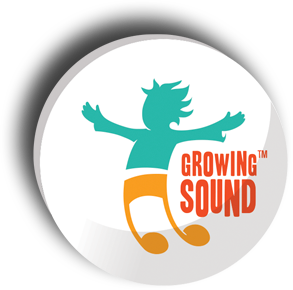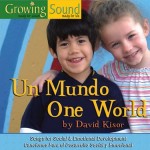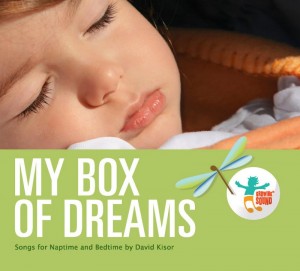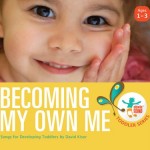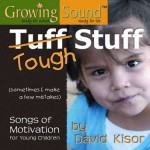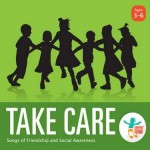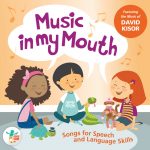
The Benefits of Music in Sport
Boosting Endurance and Effort Perception
Research has shown that listening to music while exercising can have a positive impact on endurance and effort perception. A study conducted by Karageorghis et al. (2008) found that participants who listened to music during exercise reported a 12% reduction in their perceived effort. This means that they felt less fatigued and were able to push themselves harder during their workouts. Additionally, the study found a 15% improvement in endurance among those who listened to music compared to those who did not.
However, the tempo of the music seems to play a significant role in its impact on performance. A study by researchers from Liverpool John Moores University discovered that slowing down the tempo of the music resulted in a decrease in heart rate and distance covered on a bike, while increasing the tempo had the opposite effect. These findings suggest that athletes can fine-tune their music selection to match their desired level of exertion and optimize their performance.
Distracting from Negative Thoughts
One of the major benefits of music in sport is its ability to distract athletes from negative thoughts and external pressures. Research conducted by Terry et al. (2010) demonstrated that listening to upbeat music before a high-pressure situation, such as shooting free throws in basketball, can improve performance. The music serves as a distraction, redirecting the athlete’s focus away from the pressure and allowing them to perform more effectively.
Engaging Autopilot Mode
Another fascinating aspect of music’s impact on sport performance is its ability to facilitate the activation of autopilot mode. In a study conducted by Bigliassi et al. (2016), elite golfers were asked to take putts as quickly as possible, operating on autopilot. The researchers found that the golfers had a higher success rate when they operated on autopilot compared to when they took their time. This suggests that music can help athletes perform at their best by allowing them to rely on their muscle memory and instincts rather than overthinking their movements.
Emotional Control
The emotional state of an athlete can significantly impact their performance. Music has been found to be a useful tool for manipulating emotions before a competition. Athletes can choose music that either relaxes them or energizes them, depending on their desired emotional state. For example, Dame Kelly Holmes, a renowned athlete, mentioned listening to Alicia Keys ballads to relax before the 2004 Olympic Games. On the other hand, Michael Phelps, an Olympic swimmer, found motivation and energy in songs from artists like Lil Wayne and Eminem.
Considerations and Limitations
Distraction and Alertness
While music can be beneficial for many athletes, it may not be suitable for everyone. Some elite runners, for instance, choose not to listen to music while running to maintain their focus on their bodies and their surroundings. They rely on their internal cues and external stimuli to regulate their pace and respond to the demands of the race. Being alert and fully aware of their surroundings is crucial for their performance. Therefore, it is essential to consider individual preferences and requirements when deciding whether to incorporate music into training or competition.
The Power of Belief
It is worth noting that the impact of music on sport performance may be influenced by the athlete’s belief in its effectiveness. In a study examining the effects of music on performance, researchers divided participants into two groups. The first group was told that listening to music would enhance their performance, while the second group was told it would hinder their performance. The group that believed music would enhance their performance ran a higher number of laps compared to the other group.
Individual Variations and Preferences
Each athlete is unique, and what works for one may not work for another. The impact of music on performance can vary depending on factors such as personal preferences, musical taste, and individual responses to auditory stimuli. Athletes should experiment with different genres, tempos, and styles of music to find what resonates with them and enhances their performance. It is essential to consider the athlete’s comfort and enjoyment when incorporating music into their training or competition routine.
Motivation and Performance
While music can have a positive impact on mood and enjoyment, its direct effect on motivation and performance may be limited. A study examining the effects of motivational music on elite swimmers found that it had no significant impact on their performance. Similarly, another study found that music during warm-up had no effect on the motivation of handball athletes. This suggests that while music can influence mood and enjoyment, it may not directly translate into improved motivation or performance.
In conclusion, music can have a measurable impact on sport performance, but its effects are nuanced and individualized. Listening to music can boost endurance, distract from negative thoughts, engage autopilot mode, and manipulate emotions. However, the tempo and genre of the music, as well as individual preferences and beliefs, play a significant role in its impact. Athletes should experiment with different music styles and tempos to find what works best for them. Ultimately, the power of music lies in its ability to enhance an athlete’s focus, mindset, and enjoyment of the sport, contributing to a more fulfilling and successful athletic experience.
Click on an Collection To Listen To the Music!
Who You’ll Be Someday:
Songs and Stories for
Naptime and Bedtime
Ages 0-4
Contact us for more information!
